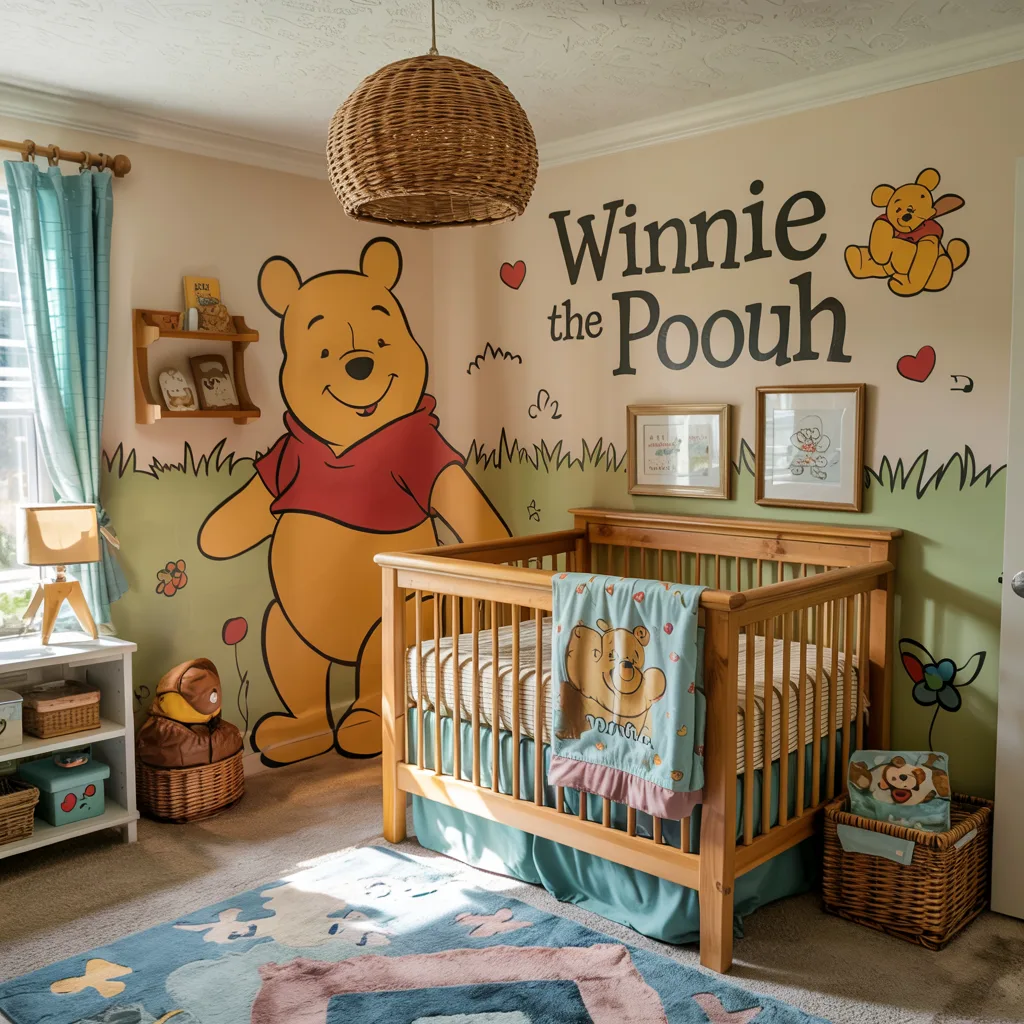As a new parent, you might wonder: do newborns have nightmares? It’s a common concern when you see your little one fussing or crying during sleep. Let’s dive into the fascinating world of baby sleep patterns and uncover the truth about newborn nightmares.
Table of Contents
When Do Newborns Have Nightmares?

While newborns don’t have nightmares, older babies and toddlers can experience them. Here’s a general timeline:
| Age | Sleep Development |
|---|---|
| 0-6 months | No nightmares, developing sleep patterns |
| 6-12 months | More regular sleep cycles, still no nightmares |
| 1-2 years | May begin experiencing nightmares |
| 2-3 years | Nightmares become more common |
Key Takeaways:
- Newborns don’t experience nightmares due to their immature brain development
- Babies typically start having nightmares around 1-2 years old
- What looks like nightmares in newborns are usually other sleep behaviors
- Understanding sleep cycles helps parents respond appropriately to nighttime disturbances
- Creating a consistent bedtime routine can improve overall sleep quality for babies
The Developing Baby Brain and Sleep

To understand whether newborns can have nightmares, we first need to look at how their brains develop. Newborns spend about 16-17 hours a day sleeping, but their sleep patterns are very different from adults.
Here’s what you need to know about newborn sleep:
- Newborns don’t have established circadian rhythms (internal body clocks)
- Their sleep cycles are shorter, lasting about 50-60 minutes
- They spend more time in active sleep (similar to REM sleep in adults)
According to Sleep Foundation, newborns don’t have the brain development necessary to create and process the complex emotions and imagery associated with nightmares.
15 Red Flags Signs Your Baby is Too Hot While Sleeping
What Causes Nighttime Disturbances in Newborns?
If newborns don’t have nightmares, why do they sometimes appear distressed during sleep? Several factors can contribute to nighttime fussiness:
- Hunger: Newborns have tiny stomachs and need to feed frequently, even at night.
- Discomfort: A wet diaper, being too hot or cold, or feeling unwell can disturb sleep.
- Startle reflex: The Moro reflex can cause sudden arm movements and waking.
- Sleep transitions: Babies may cry or fuss when moving between sleep cycles.
- Overtiredness: An overly tired baby may have trouble settling into deep sleep.
Understanding Baby Sleep Cycles
To better respond to your newborn’s nighttime needs, it’s helpful to understand their sleep cycles. Unlike adults, newborns spend about half their sleep time in active sleep, which is similar to REM (Rapid Eye Movement) sleep in adults.
During active sleep, you might notice:
- Rapid eye movements
- Irregular breathing
- Twitching or jerking movements
- Facial expressions (smiles, frowns)
These behaviors are normal and don’t indicate distress or nightmares.
Creating a Sleep-Friendly Environment for Your Newborn
While newborns don’t have nightmares, you can still help them sleep better by creating a comfortable sleep environment. Here are some tips:
- Keep the room dark and quiet
- Use a white noise machine to mask sudden sounds
- Maintain a comfortable room temperature (68-72°F or 20-22°C)
- Use a firm mattress with a fitted sheet
- Avoid loose bedding, pillows, or toys in the crib
“A consistent bedtime routine can help signal to your baby that it’s time to sleep, potentially reducing nighttime wakings.” – Dr. Jodi Mindell, Associate Director of the Sleep Center at Children’s Hospital of Philadelphia
When to Seek Help

While newborns don’t experience nightmares, there might be times when you’re concerned about your baby’s sleep patterns. Consult your pediatrician if you notice:
- Excessive crying or irritability during sleep
- Difficulty breathing or pauses in breathing
- Unusual sleep positions or movements
- Consistently not getting enough sleep for their age
Remember, every baby is unique, and what’s normal can vary. Trust your instincts and don’t hesitate to seek professional advice if you’re worried.
Frequently Asked Questions
1. Can newborns have night terrors?
No, night terrors typically don’t occur until a child is around 3-12 years old. Newborns lack the brain development necessary for night terrors.
2. Why does my newborn cry in their sleep?
Newborns may cry in their sleep due to hunger, discomfort, or when transitioning between sleep cycles. It doesn’t necessarily indicate a nightmare or distress.
3. How can I tell if my baby is having a nightmare?
Newborns don’t have nightmares. In older babies (typically over 1 year), signs of nightmares may include crying, restlessness, and difficulty being comforted upon waking.
4. When do babies start dreaming?
While we can’t know for sure, some researchers believe babies might start dreaming around 2 years old when their cognitive abilities have developed further.
5. How can I help my baby sleep better?
Establish a consistent bedtime routine, create a sleep-friendly environment, and respond promptly to your baby’s needs. For more tips, check out our article on improving baby sleep.
Conclusion
While the question “do newborns have nightmares?” is common among new parents, the answer is reassuring. Newborns don’t experience nightmares due to their immature brain development. What might look like a nightmare is usually just part of their unique sleep patterns or a response to physical needs.
Understanding your newborn’s sleep cycles and creating a comfortable sleep environment can go a long way in ensuring restful nights for both you and your baby. Remember, if you have concerns about your baby’s sleep, don’t hesitate to reach out to your pediatrician for personalized advice.
For more information on baby sleep patterns and tips for better sleep, check out our related articles:
- Creating the Perfect Baby Sleep Schedule
- Newborn Care Basics: What Every New Parent Should Know
- Best Sleeping Position for Baby with a Stuffy Nose
Sweet dreams to you and your little one!











